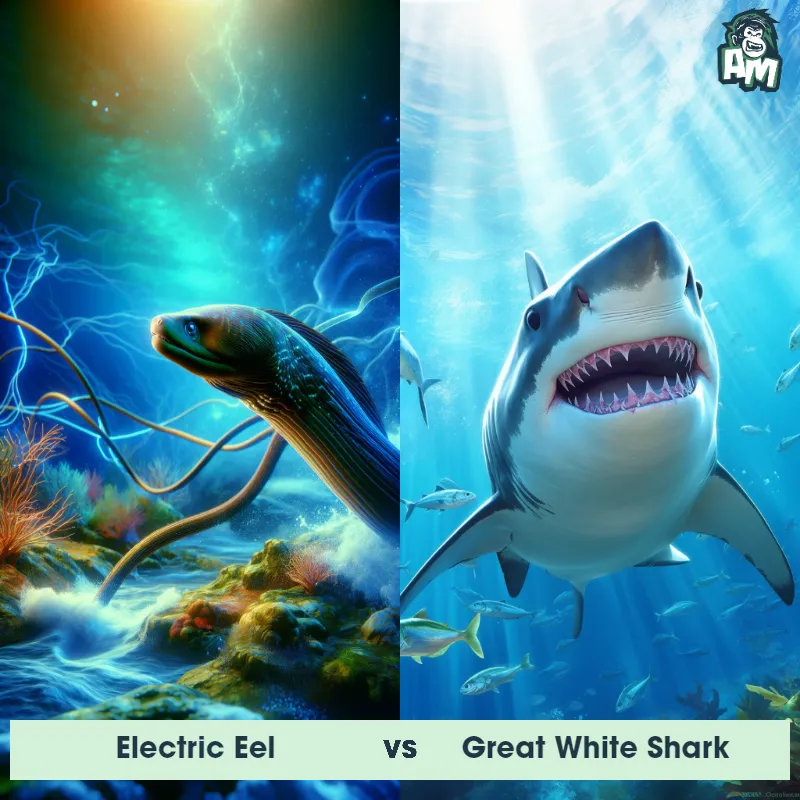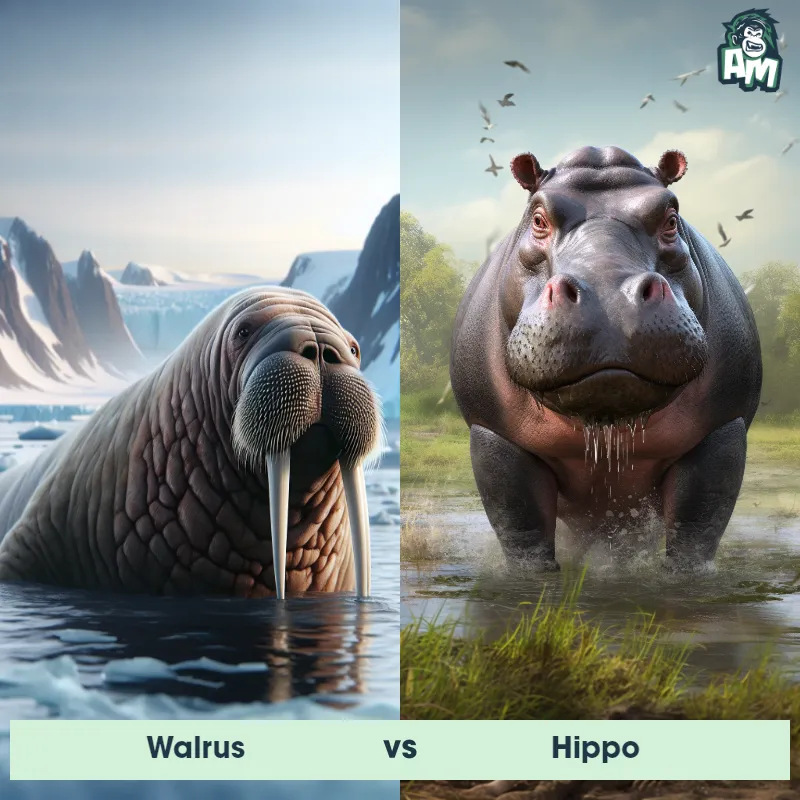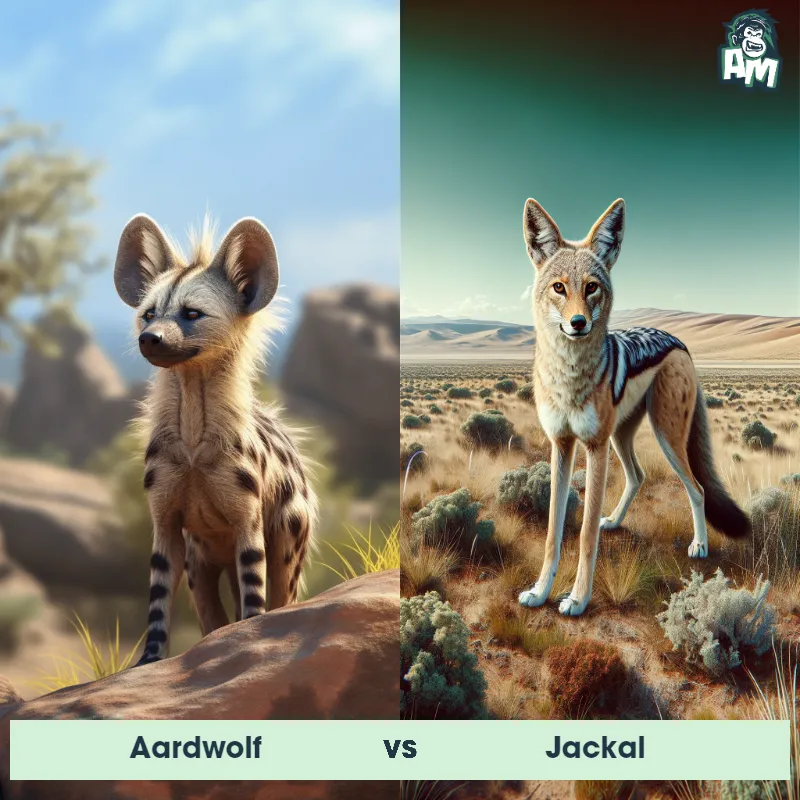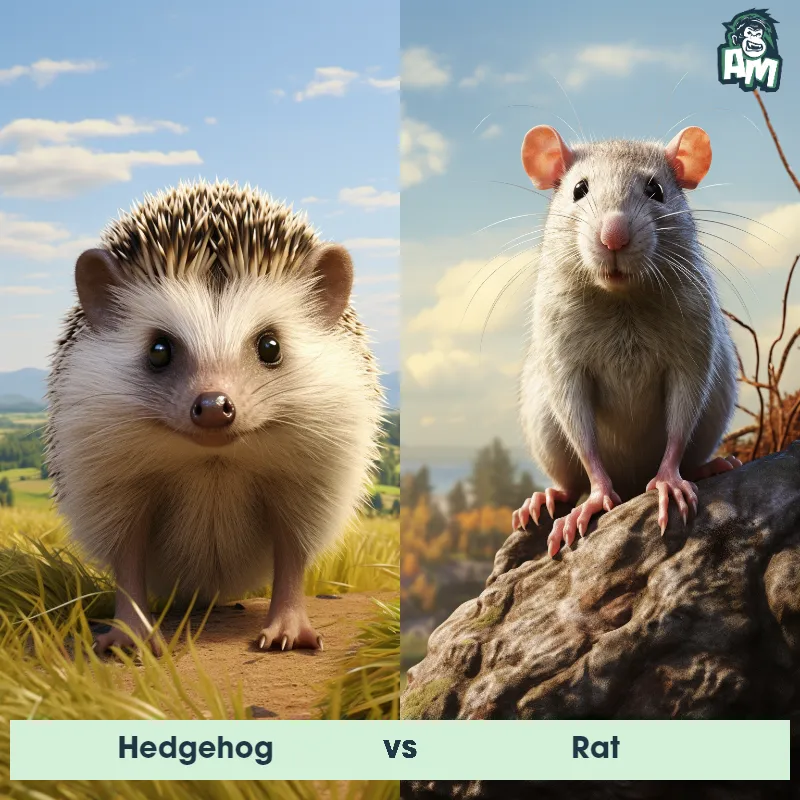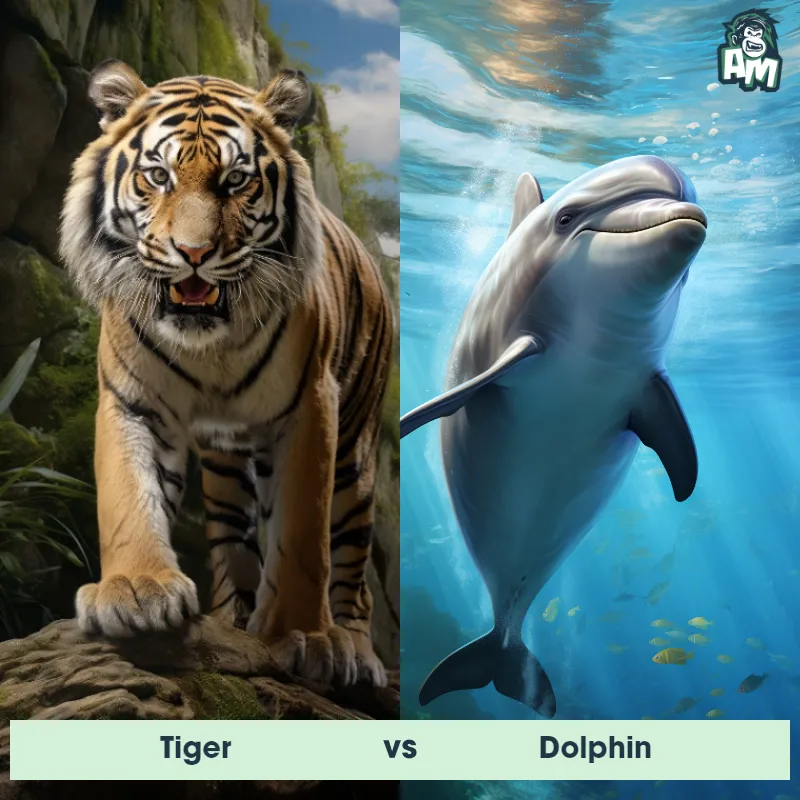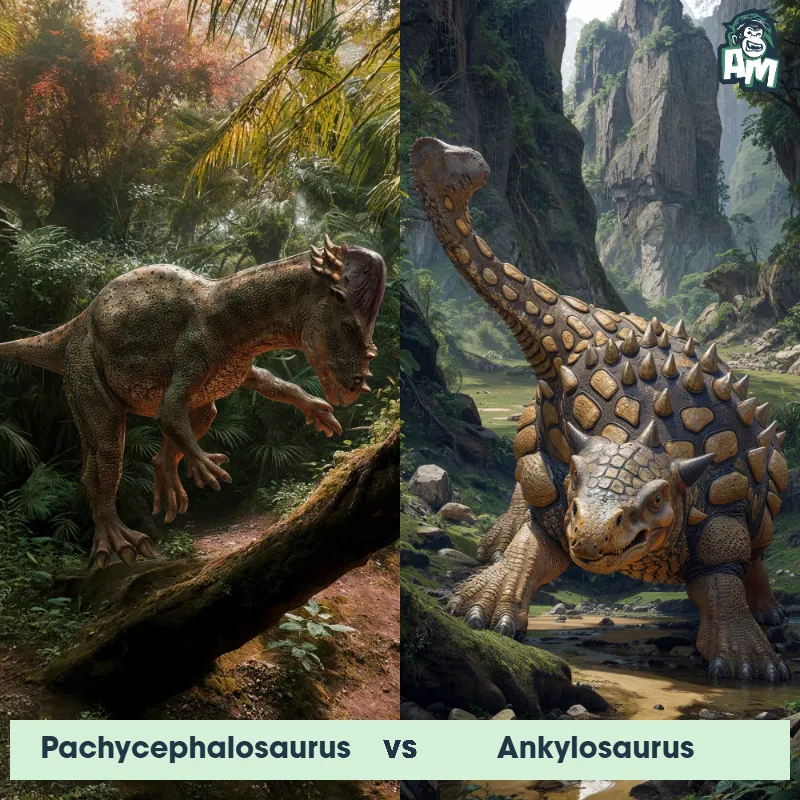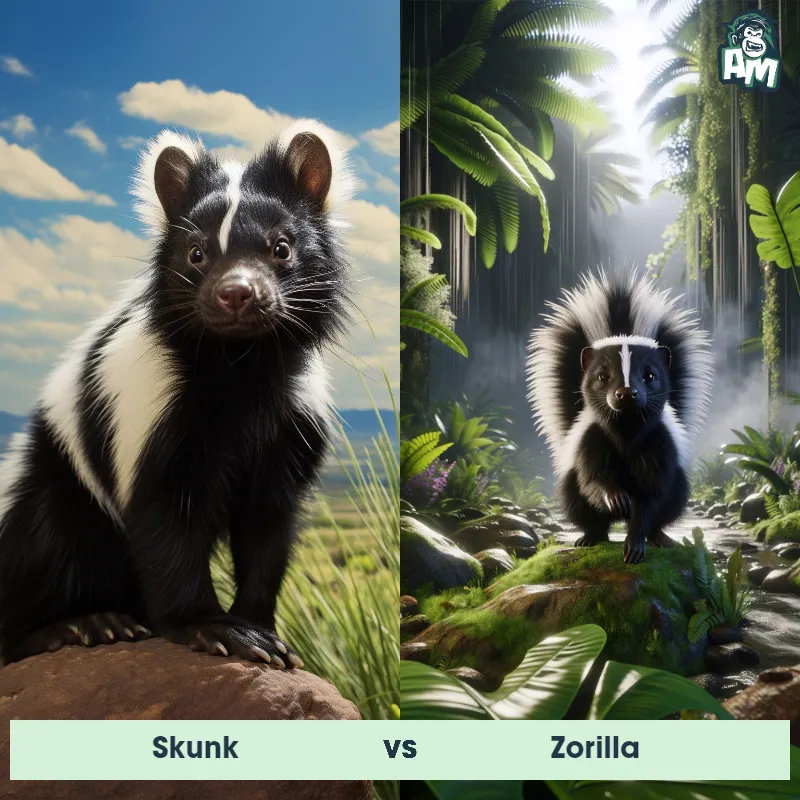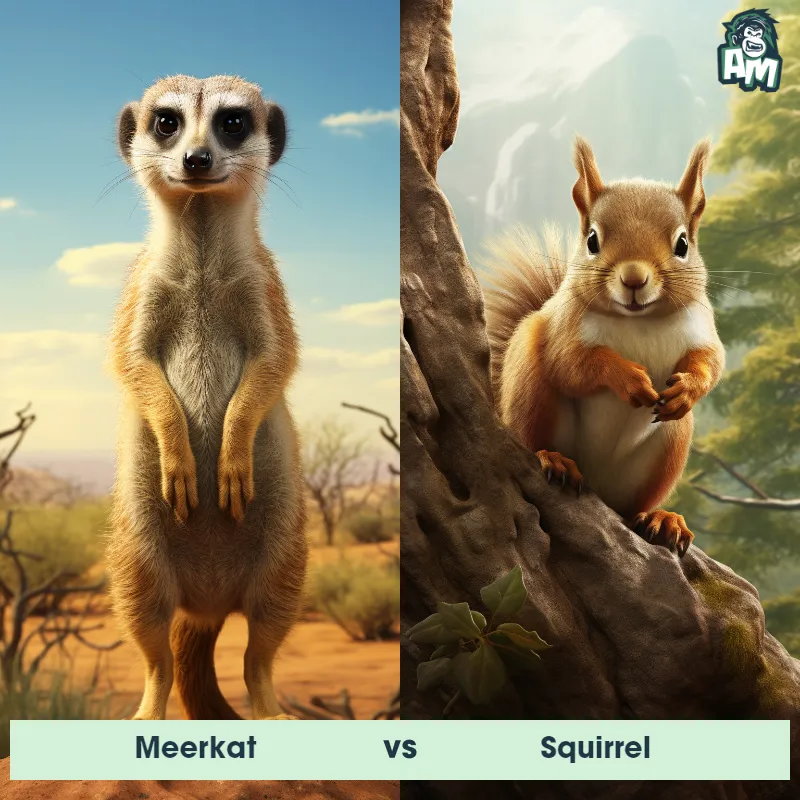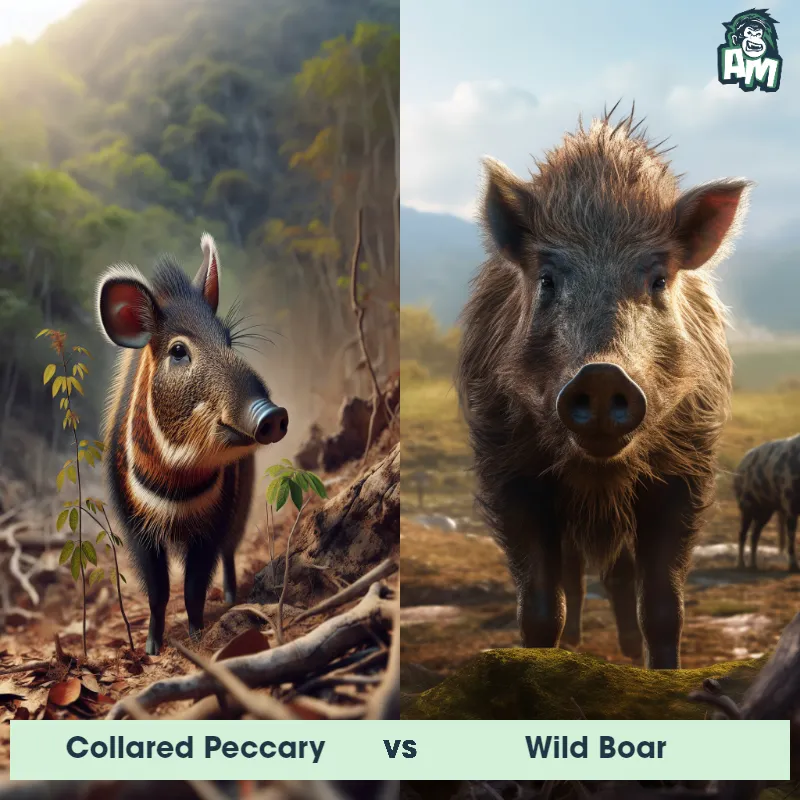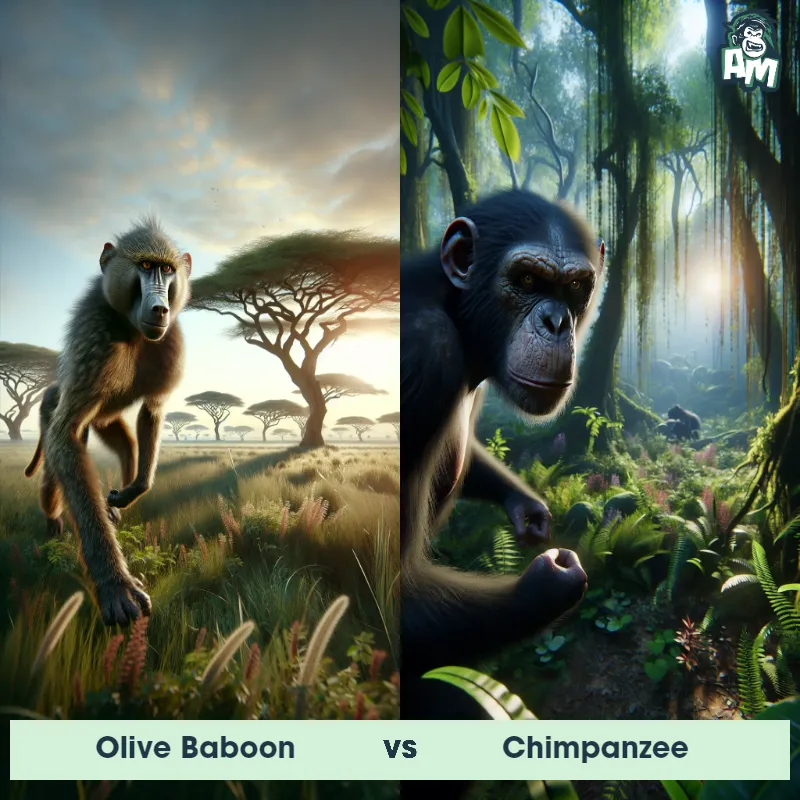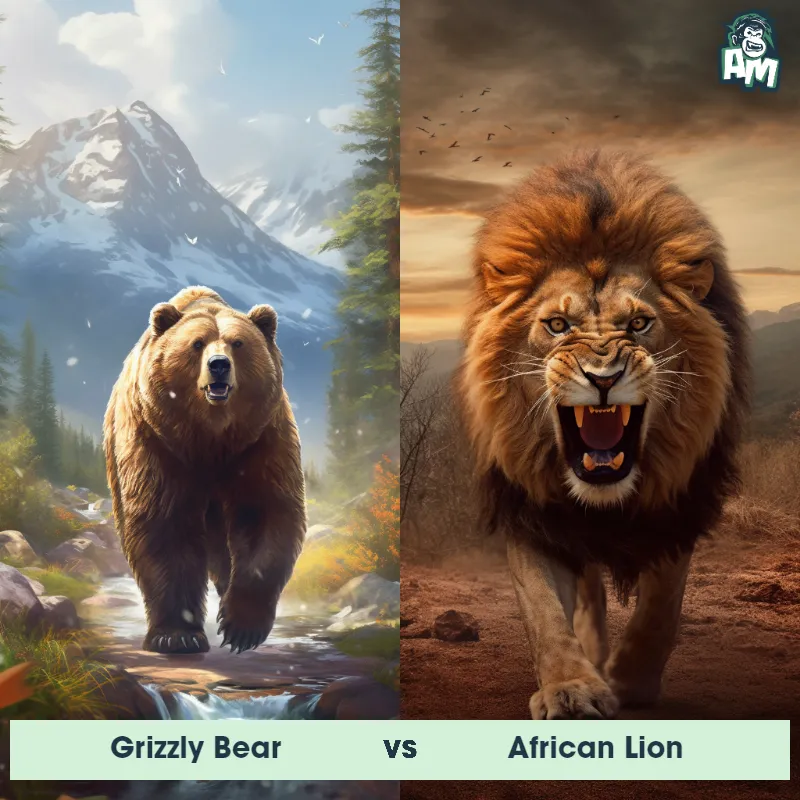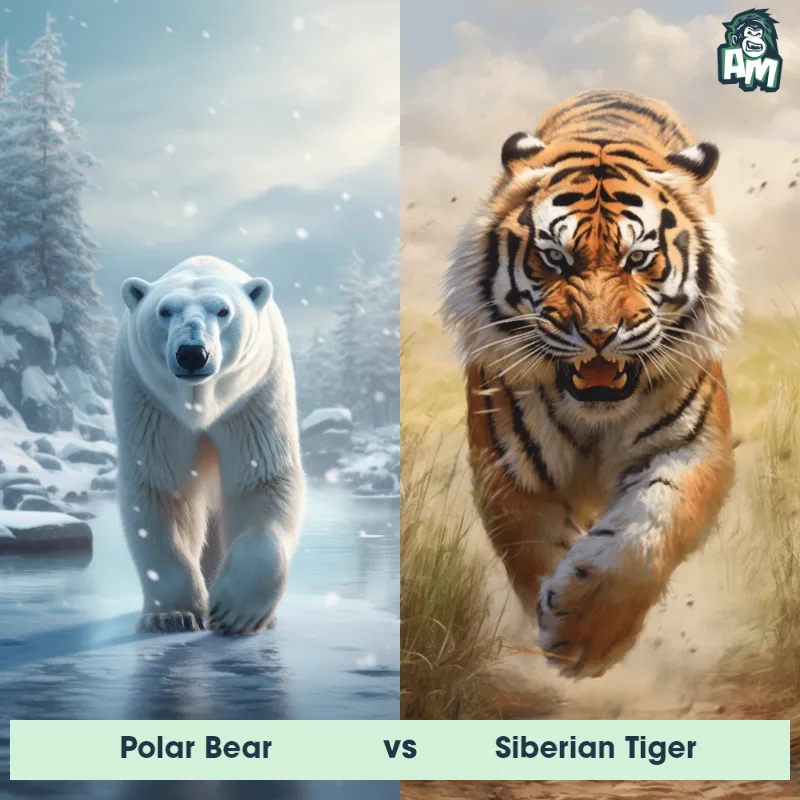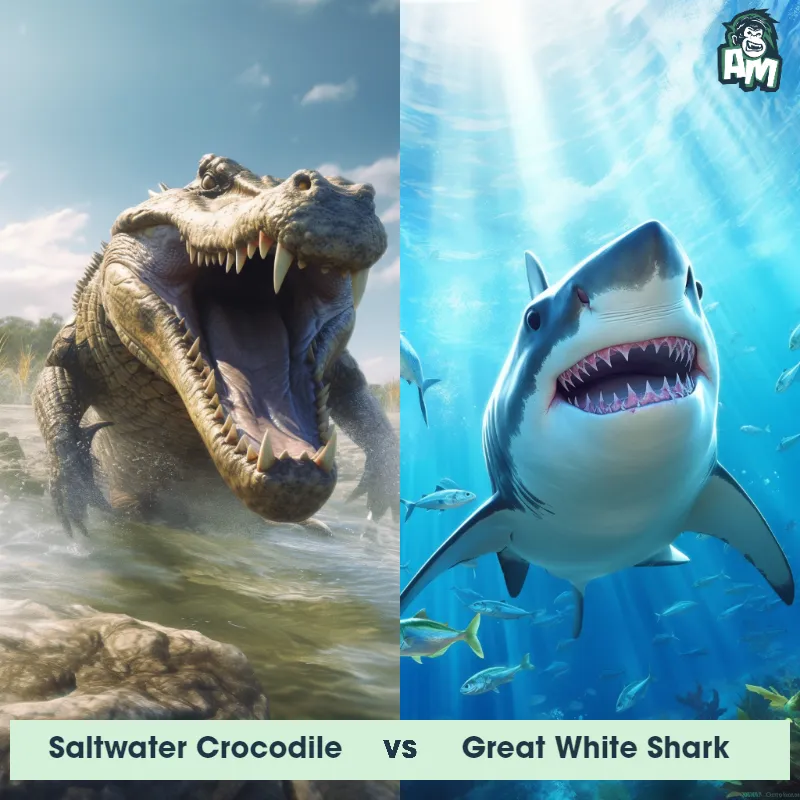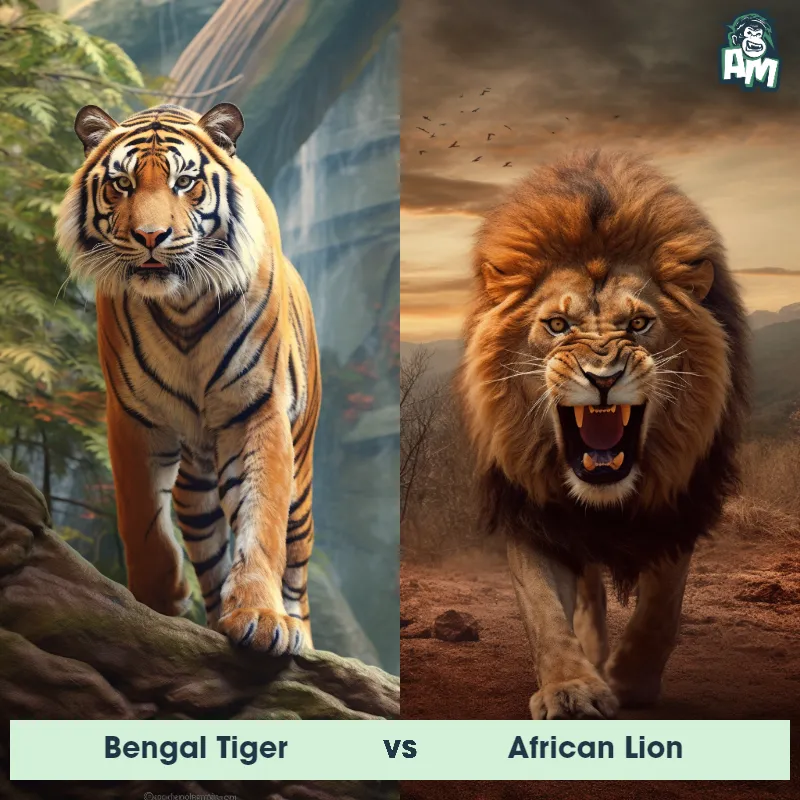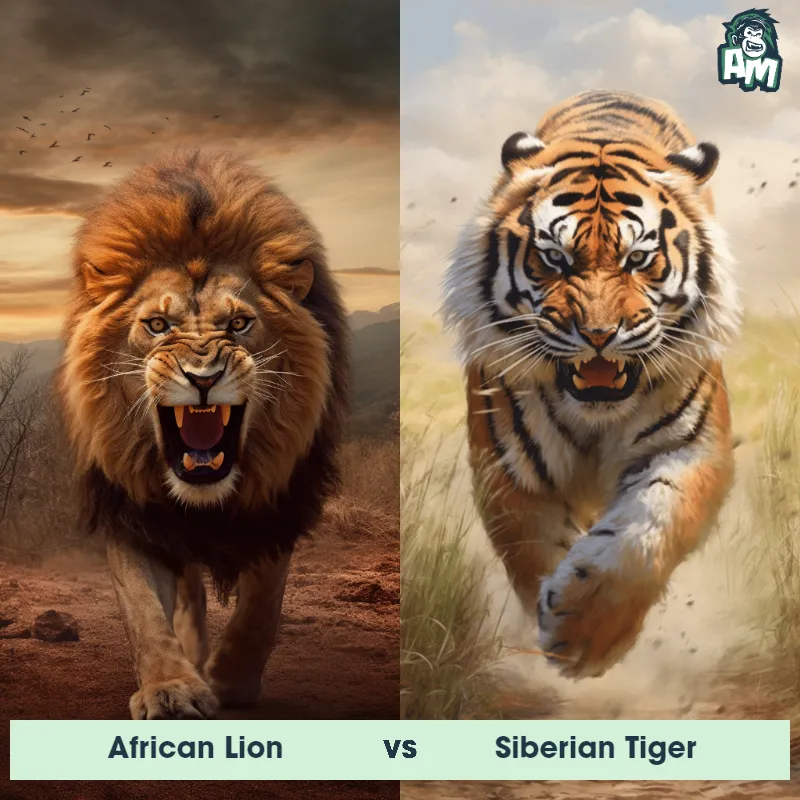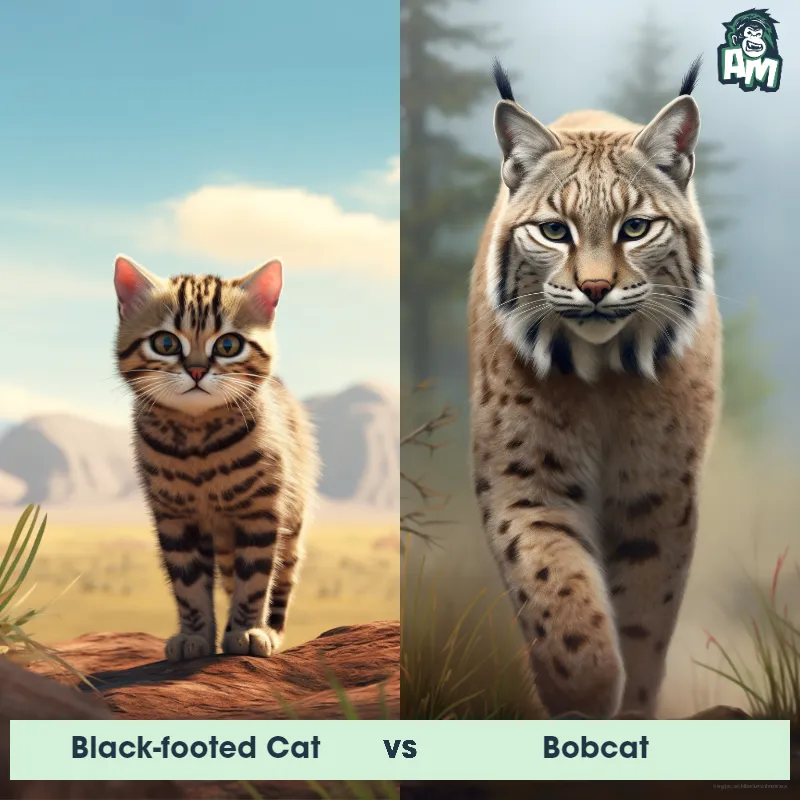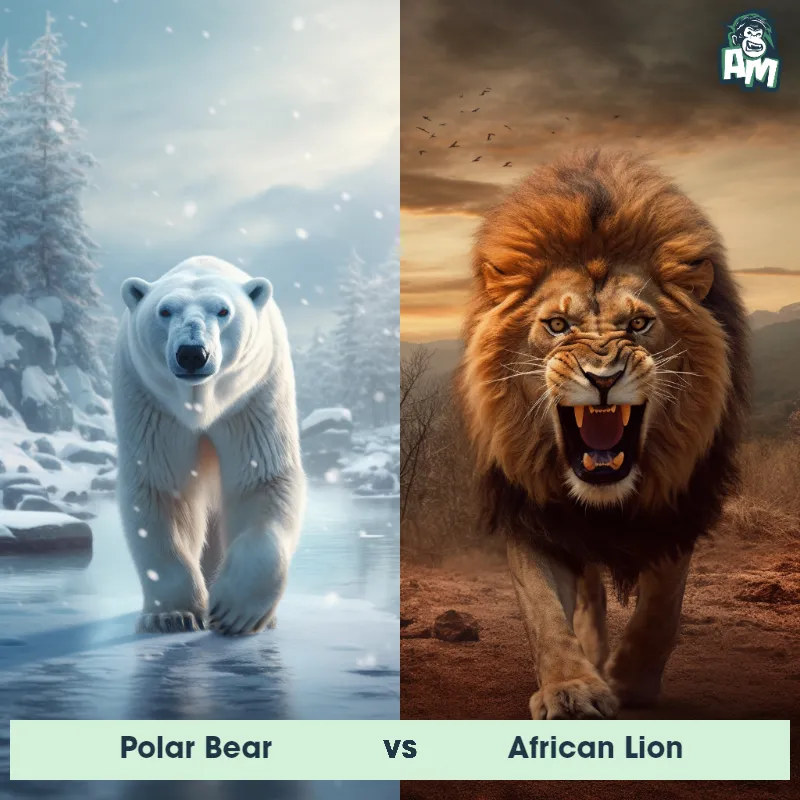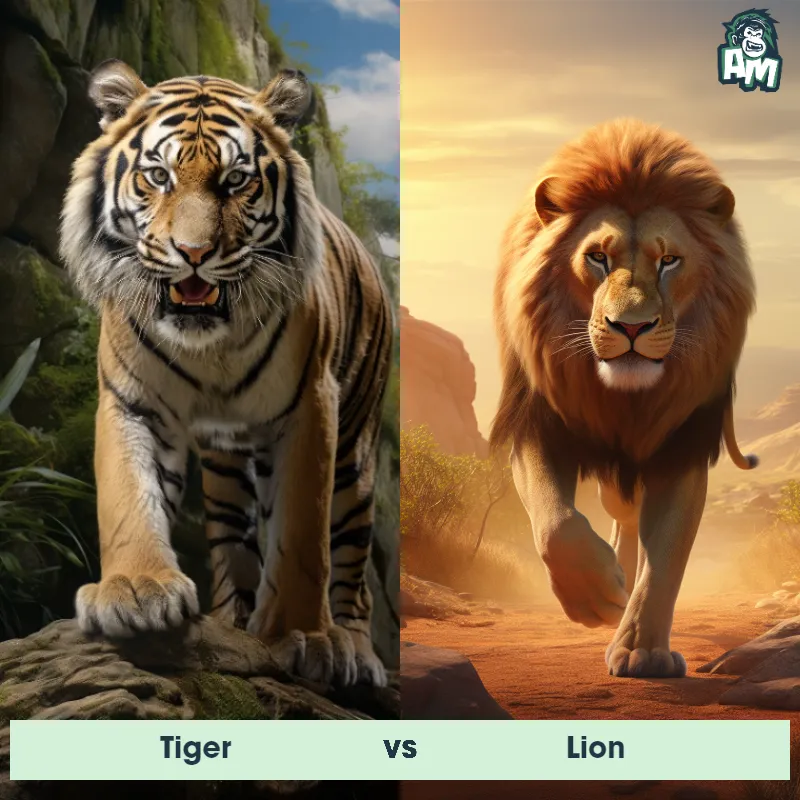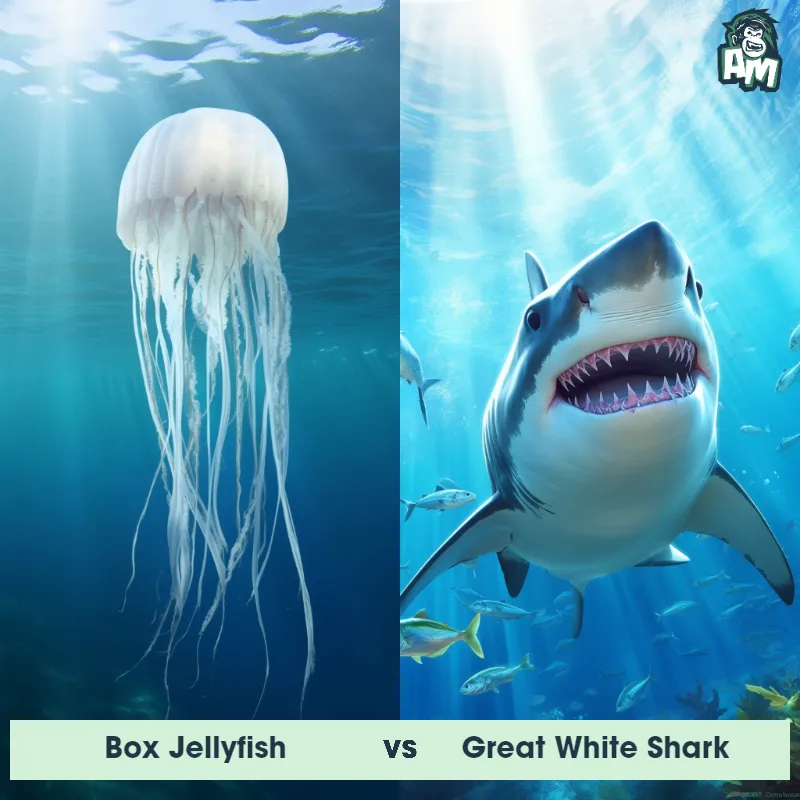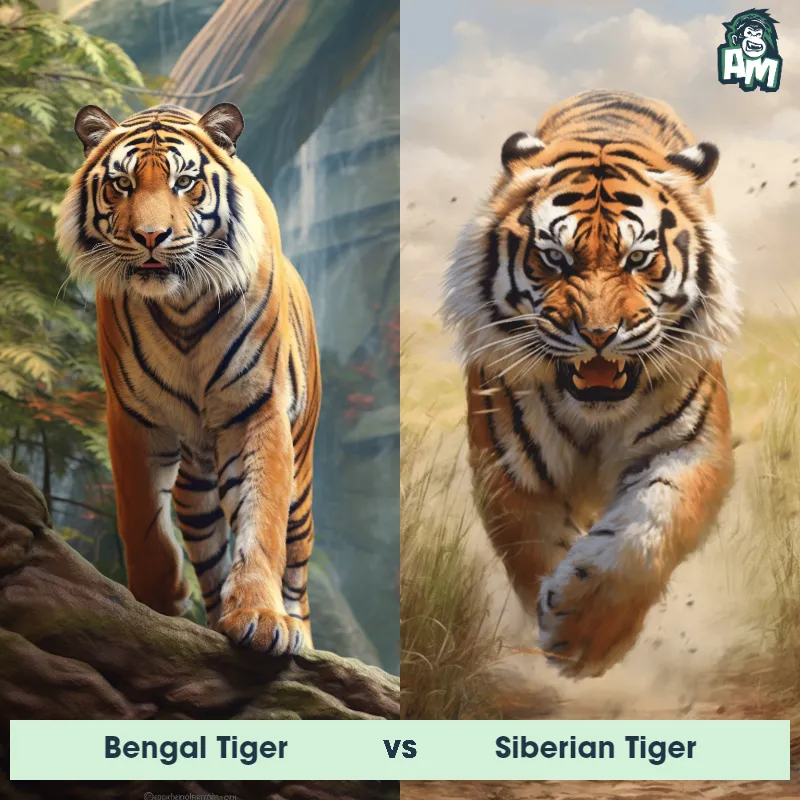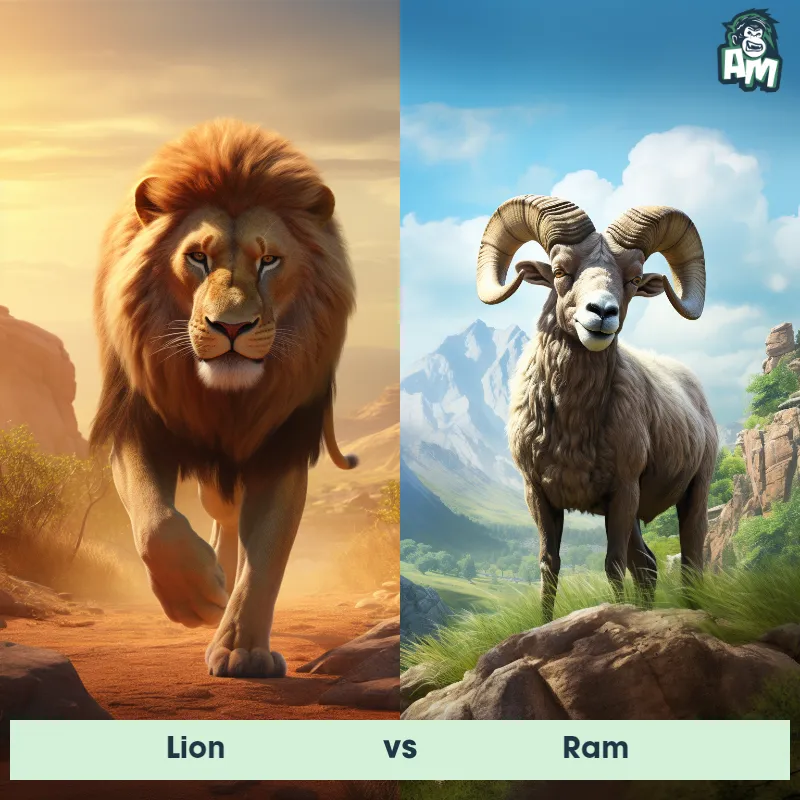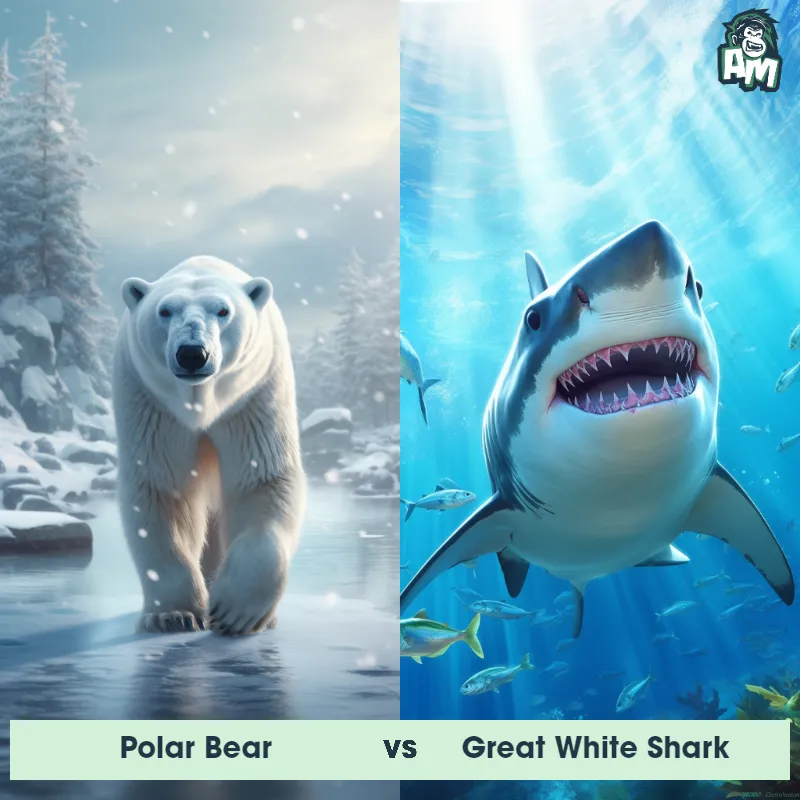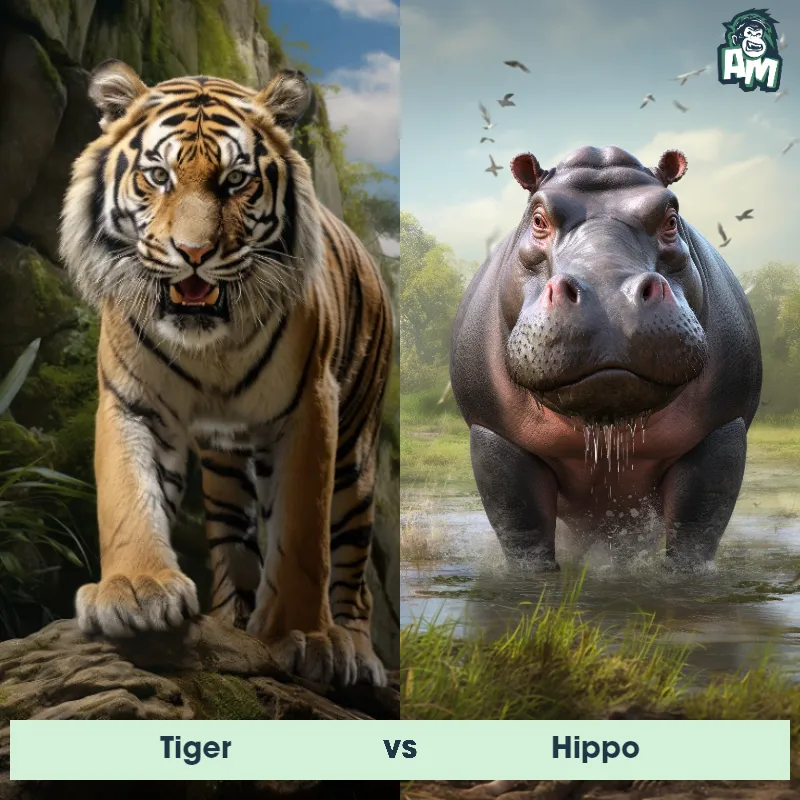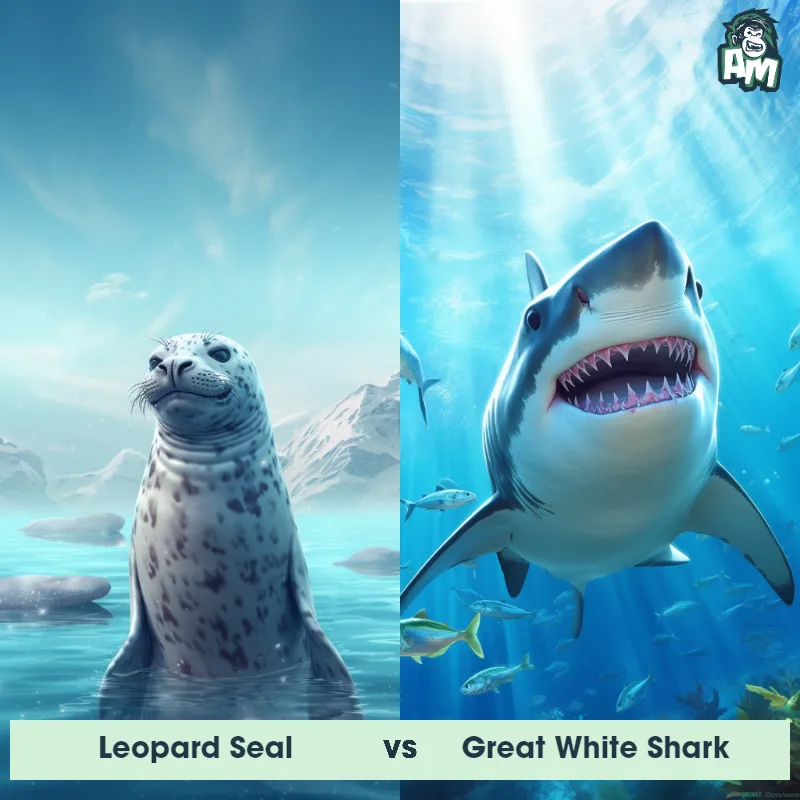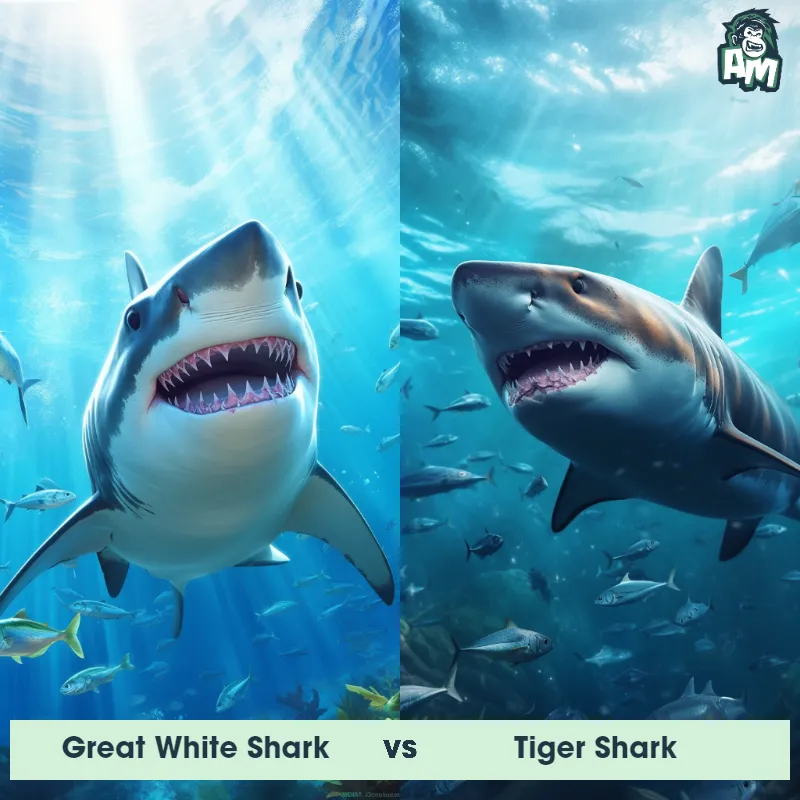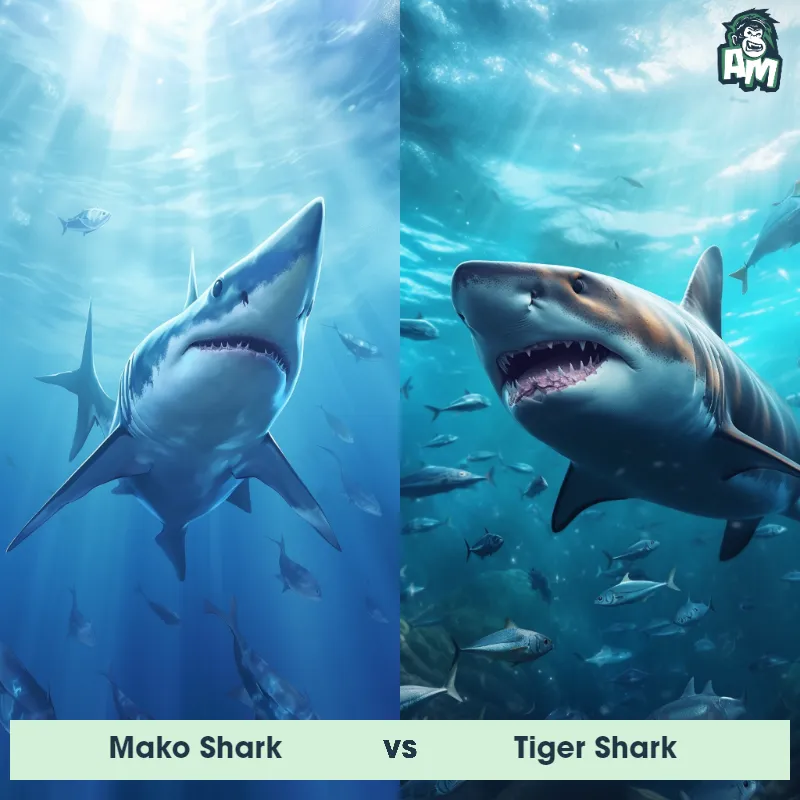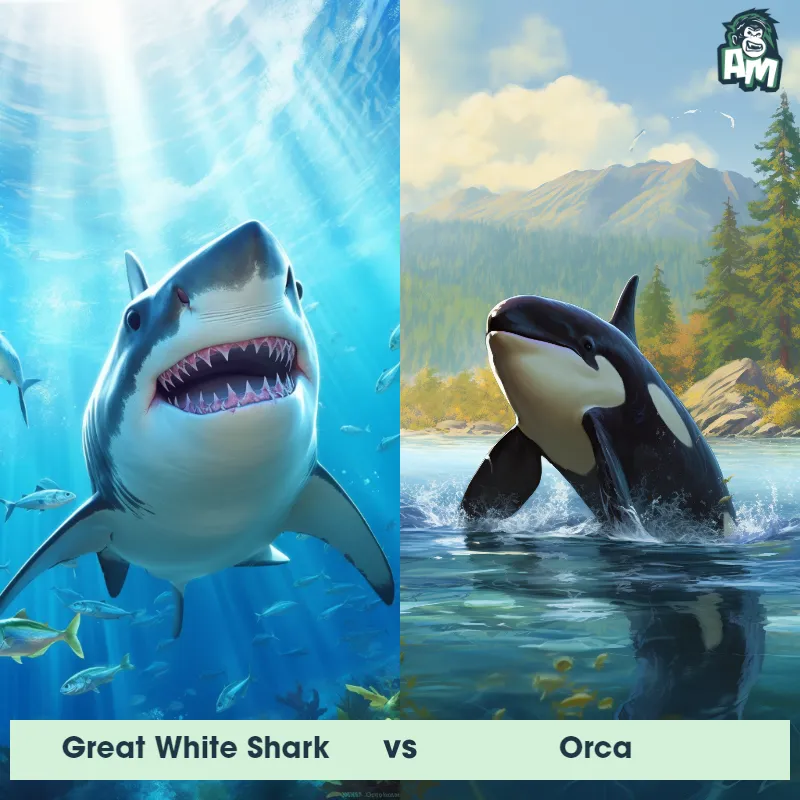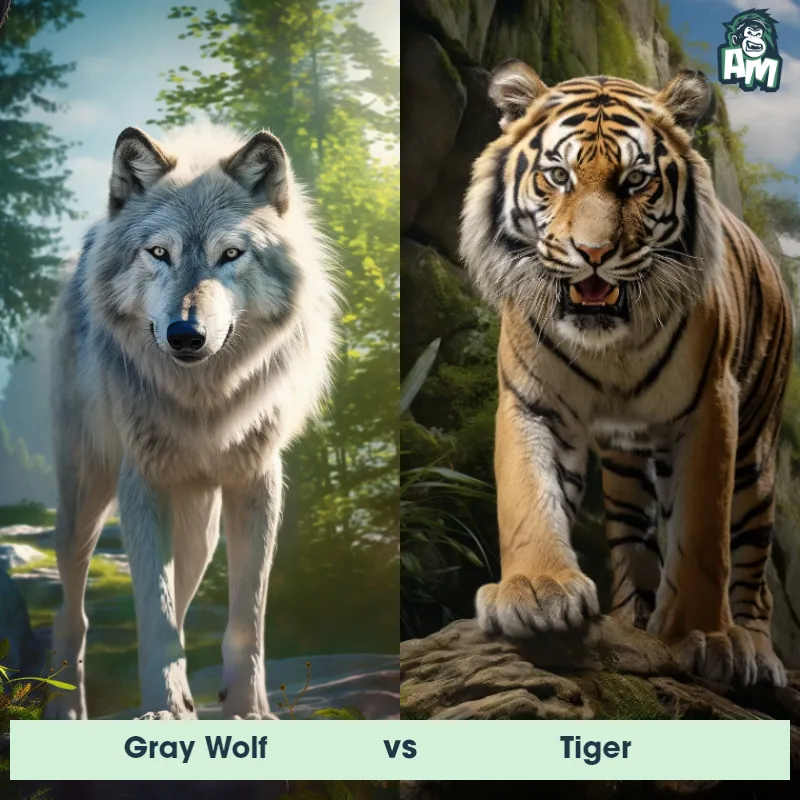Great White Shark vs LionSee Who Wins
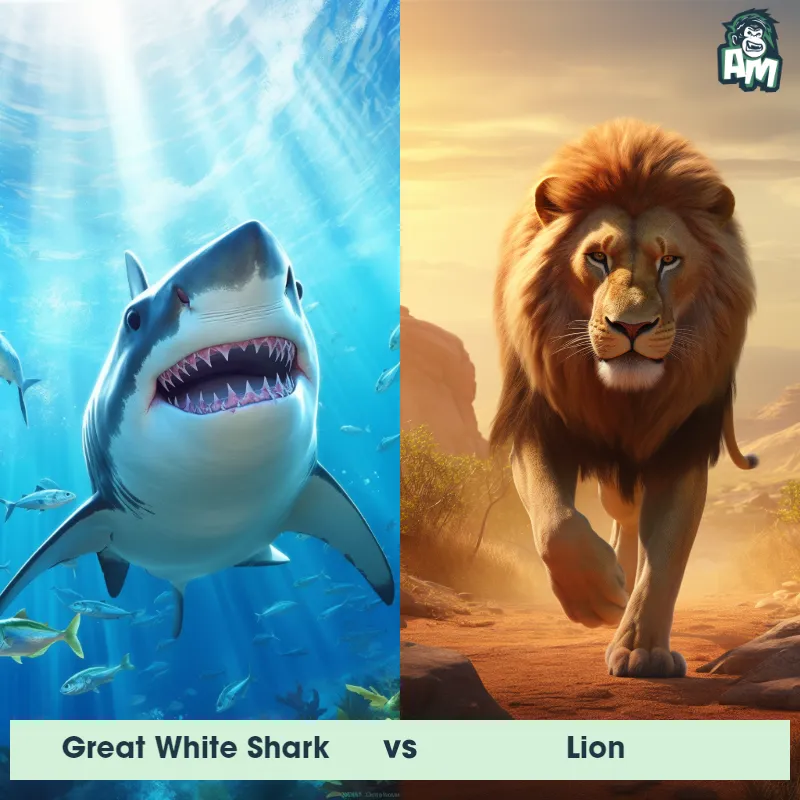
Ladies and gentlemen, welcome to this epic showdown at the Animal Matchup Arena! We've got a thrilling matchup for you tonight as the ferocious Great White Shark goes head to head against the mighty Lion. These two apex predators are about to clash in an intense battle of strength and strategy. Let's not waste any time and dive right into the action!
Contender 1: Great White Shark
The Great White Shark, also known as the white pointer or white death, is a large predatory fish that can grow up to 20 feet in length and weigh over 5,000 pounds. They have a distinctive torpedo-shaped body, grayish-brown skin, and rows of sharp teeth that can number up to 300. Great White Sharks are found in coastal waters all over the world and are known for their powerful jaws and ability to breach the surface of the water.
Fun Fact: Great White Sharks have a unique sense of smell that allows them to detect a single drop of blood in 25 gallons of water, which is equivalent to the size of an Olympic swimming pool.
Contender 2: Lion
The lion, often referred to as the 'king of the jungle,' is a large, powerfully built cat known for its tawny coat and, in males, a magnificent mane. They are native to Africa and a small region in western India. Adult male lions can weigh up to 420 pounds, while females, who are primarily responsible for hunting, are slightly smaller. Lions are social animals and live in groups called prides, which are usually composed of related females, their cubs, and a small number of adult males.
![[object Object] Gif](https://tenor.com/view/lion-yawning-yawn-tired-exhausted-gif-12230852.gif)
Fun Fact: Lions are the most socially inclined of all wild felids, most of which remain quite solitary in nature.
Matchup Stats
| Great White Shark | Lion | |
|---|---|---|
| Size | Up to 20 feet (6.1 meters) | 4.5 to 6.5 feet long (body length), 3.5 to 4 feet tall at the shoulder (1.4 to 2 meters long, 1 to 1.2 meters tall) |
| Weight | Over 5,000 pounds (2,268 kilograms) | Up to 420 pounds (190 kilograms) |
| Speed | Speed: 25 mph (40 km/hr) | 50mph (80km/h) |
| Key Strength | Powerful jaws and sharp teeth | Powerful build, strong jaws, sharp claws |
| Biggest Weakness | Vulnerable gills and eyes | Less agile compared to other big cats, dependent on strength and power |
Current Votes
Great White Shark vs Lion
See Who Wins
View More Matches
Looking For More?
Similar Matches
Scientific Stats
| Great White Shark | Lion | |
|---|---|---|
| Scientific Name | Carcharodon carcharias | Panthera leo |
| Family | Lamnidae | Felidae |
| Habitat | Coastal waters | Grasslands, savannas, dense bush, and woodlands |
| Geography | Worldwide | Africa and a small region in western India |
| Diet | Carnivorous, primarily seals and sea lions | Carnivorous, primarily large ungulates |
| Lifespan | 70 years - 100 years | 10 years - 14 years |
Key Differences between Great White Shark and Lion
- Head shape: Great White Sharks possess a large, conical snout filled with several rows of sharp, serrated teeth. Lions have a more rounded head shape with a distinctive mane around the neck of adult males.
- Body shape: The Great White Shark has a streamlined, torpedo-shaped body with a large dorsal fin and a crescent-shaped tail, allowing it to swim at high speeds. In contrast, Lions have a more compact, muscular body with a distinctive head, short legs, and a long tail, adapted for agility on land.
- Skin texture: The Great White Shark has rough, sandpaper-like skin due to the presence of tiny, tooth-like scales called dermal denticles. Lions have a relatively smooth coat with short fur, enabling them to regulate body temperature effectively.
- Skin color: Great White Sharks have a dark gray or brownish-gray upper body, which helps them blend with the ocean depths when viewed from above. Lions, on the other hand, have a tawny golden coat, although it can vary from light to dark depending on the subspecies and their habitat.
- Habitat and movement: Great White Sharks primarily inhabit marine ecosystems, ranging from coastal areas to open ocean, and are excellent swimmers, capable of breaching above the water's surface. Lions, in contrast, are terrestrial and occupy various types of grassland habitats, where they rely on their powerful legs and agility to stalk and ambush prey.
- Size: The Great White Shark is significantly larger, with adult males typically reaching lengths of 12-16 feet and weighing up to 3,000 pounds, while adult male Lions usually measure around 6-8 feet long and weigh about 420-570 pounds.



